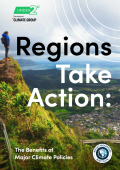
This handbook shows how regional governments are reaping the immediate benefits of decisive climate action while also safeguarding the future. For these governments, a collection of key actions is driving significant impacts on the economy, equity, public health, air quality, and resilience. The handbook details five transformative actions regional governments can take to limit the effects of climate change while supporting a broad range of other societal benefits.
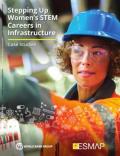
This report describes a variety of ways to level the pathway for women entering into and progressing in science, technology, engineering, and mathematics (STEM) employment within the infrastructure sectors—energy and extractives; water; transport; and digital development.
Volume 1 distills the findings from an extensive literature review, a global stocktaking exercise, key informant interviews, and five case studies in order to provide World Bank Group project teams with insights that they can use to support women’s STEM careers in infrastructure at each stage of their careers—from initial attraction to the sectors and job recruitment, to retention within organizations, and advancement to managerial and leadership roles.
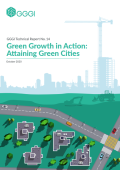
Embracing green growth in cities is one urgent priority for addressing the environment and climate emergency. In this report, GGGI address some of the challenges and opportunities in achieving green growth in cities.
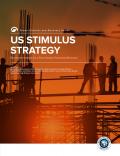
This report outlines RMI’s recommendations for four key programs that US policymakers can use to jumpstart the economy, address equity, and advance a low- or zero-carbon future for the United States.
The COVID-19 Pandemic and the Blue Economy: New challenges and prospects for recovery and resilience
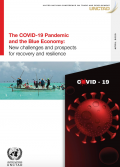
Blue economy sectors such as travel, tourism, maritime transport, fisheries, and seafood production have been heavily affected by the COVID-19 pandemic. This report calls for response measures to include support to small-scale fishers, many of whom are self-employed and don’t have income or health insurance.
